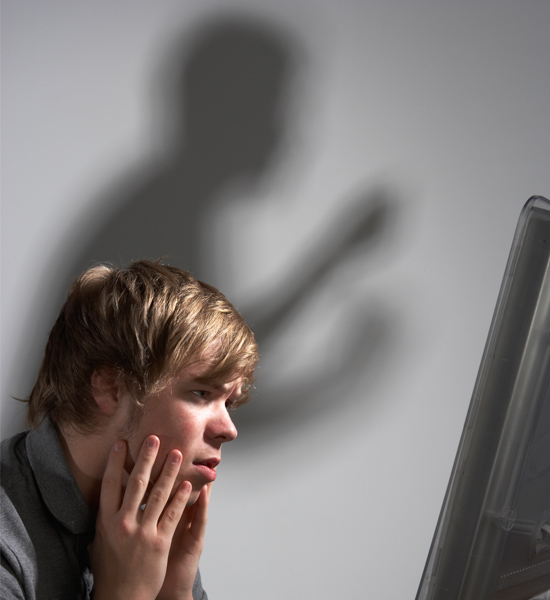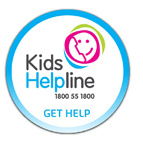Internet Safety: Teens
Cyberbullying
Talk, Report, Support.
Cyberbullying is using technology to deliberately and repeatedly bully someone. By reporting it, talking about it and supporting each other we can stop it.
What does Cyberbullying look like?
It can include:
- abusive texts and emails
- hurtful messages, images or videos
- imitating others online to set them up
- excluding others online
- nasty online gossip and chat
How do I deal with it?
- talk to someone you trust straight away—like a parent, sibling, uncle/aunty, teacher or friend
- don’t retaliate or respond—they might use it against you
- block the bully and change your privacy settings
- report the abuse to the service and get others to as well
- collect the evidence—keep mobile phone messages and print emails or social networking conversations
- remember you didn’t ask for this—nobody deserves to be bullied
What if a friend is being bullied online?
If you know a friend or someone at school is being cyberbullied:
- don’t join in—don’t comment on posts, images or videos that will hurt others
- don’t forward or share posts, images or videos that will hurt others
- leave negative groups and conversations
- report bullying to someone that can help—this can be an anonymous report to a parent or teacher
- if you are confident, call others on their bullying and ask them to stop—“Enough. This isn’t funny”
- support your friend—let them know you are there for them—”I heard about those crap posts. I’m here for you”
Am I a cyberbully?
Sometimes it can be easy to fall into a trap of feeling like you need to defend yourself aggressively, like you need to be the most popular, or needing acceptance online by pointing out other people’s flaws. You might even be trying to hurt someone on purpose. These actions might seem innocent or you might think that you’re ‘just joking’ but they can really affect the experiences other people have online.
By making other people feel upset, excluded or scared, you are not only affecting them, but you are also showing the world what kind of person you. There are better ways to gain respect, popularity, strength and social standings! Be a part of positive conversations, regardless of differences in opinion.
If you think you might have cyberbullied someone, you should consider apologising. You don’t need to like the person, but it is important to respect other people’s opinions and differences. If you would like to have a free, non-judgemental and confidential talk to an experienced counsellor, contact the Kids Helpline or give them a call on 1800 55 1800.





